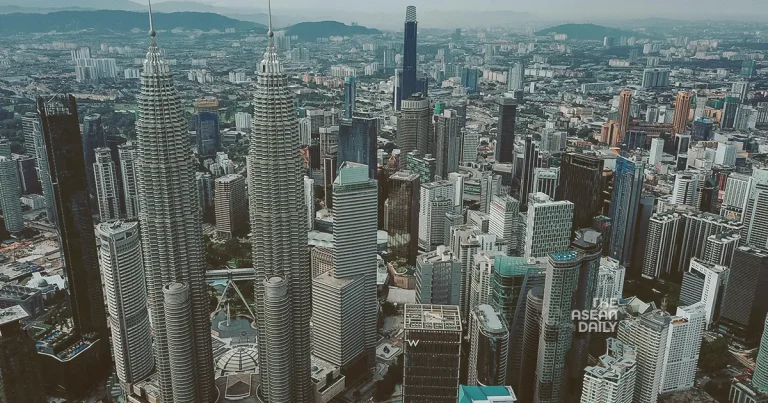16-10-2024 (KUALA LUMPUR) As Malaysia gears up for the unveiling of its Budget 2025 this Friday, 18 October, the nation finds itself at a critical economic juncture. Prime Minister Anwar Ibrahim, who also holds the finance portfolio, faces the delicate task of bolstering public finances whilst navigating the contentious issue of subsidy reform.
The country’s economic landscape has shown promising signs of recovery, with the World Bank recently upgrading Malaysia’s growth outlook to 4.9% from 4.3%. This positive trajectory, coupled with a strengthening ringgit, has been attributed to clear policy directives in growth sectors and burgeoning investor confidence.
Despite these encouraging indicators, Mr Anwar has acknowledged that there is “much room” for improvement in fiscal governance. The government is grappling with a substantial RM1.5 trillion debt and aims to reduce its fiscal deficit to 3% by 2026, down from the current 4.3%.
Central to the budget discussions is the thorny issue of petrol subsidies. The government spent a staggering RM81 billion on subsidies in 2023, with a significant portion allocated to RON95 petrol. Critics argue that these blanket subsidies disproportionately benefit high-income households, prompting calls for a more targeted approach.

However, analysts suggest that Mr Anwar may adopt a cautious stance on immediate subsidy cuts, mindful of public sentiment and the need for a smooth implementation. Dr Shankaran Nambiar, a Malaysia-based economist, told our correspondent, “The removal of diesel subsidies was not well-received by large sections of society. It’s likely the government will pause before introducing petrol subsidy rationalisation, which is bound to be unpopular.”
The government’s recent experience with diesel subsidy cuts, which led to a 56% price increase and subsequent public discontent, may inform a more gradual approach to petrol subsidy reform. Bank Muamalat Malaysia’s chief economist, Dr Mohd Afzanizam Abdul Rashid, suggests that Friday’s budget might provide more details on the timeline and guidelines for a targeted petrol subsidy programme.
Another key area of focus is the potential reintroduction of the Goods and Services Tax (GST). While economists and business leaders advocate for its return as a more sustainable revenue source, Mr Anwar has indicated that such a move would only be considered “in some years” when minimum wage thresholds rise to between RM3,000 and RM4,000.

In lieu of immediate GST implementation, the government is exploring alternative revenue streams. Reports suggest the introduction of new taxes, including levies on unhealthy food, carbon pricing, artificial intelligence, and inheritance. However, these proposals, particularly the inheritance tax, have sparked debate among lawmakers and the public.
Mr Soh Lian Seng, head of tax at KPMG Malaysia, cautions that while an inheritance tax could address wealth inequality, it might also deter high-net-worth individuals from investing in the country. “This could affect the flow of capital into Malaysia and impact local businesses,” he warned.
As the government seeks to broaden its tax base and enhance compliance, it must balance these efforts with measures to cushion the impact on vulnerable groups. The budget is expected to focus on raising income levels to combat inflation, with potential reviews of individual tax relief policies, expansion of the progressive wage policy, and increases to the minimum wage.

Mr Lee Heng Guie, executive director of the Socio-Economic Research Centre Malaysia, emphasised the need for wage adjustments, noting that the minimum wage is due for review two years after its last adjustment in 2022. “Whether they will raise it to RM1,700, RM1,800 or RM2,000, hopefully they will go for a midpoint as costs matter, not just for large SMEs, but also micro SMEs,” he said.
As Malaysia stands at this economic crossroads, the upcoming Budget 2025 is poised to be a pivotal moment in the country’s fiscal policy. Balancing the need for economic reform with social welfare considerations, Mr Anwar’s government faces the challenge of charting a course that promotes sustainable growth while addressing the cost-of-living concerns of ordinary Malaysians.




